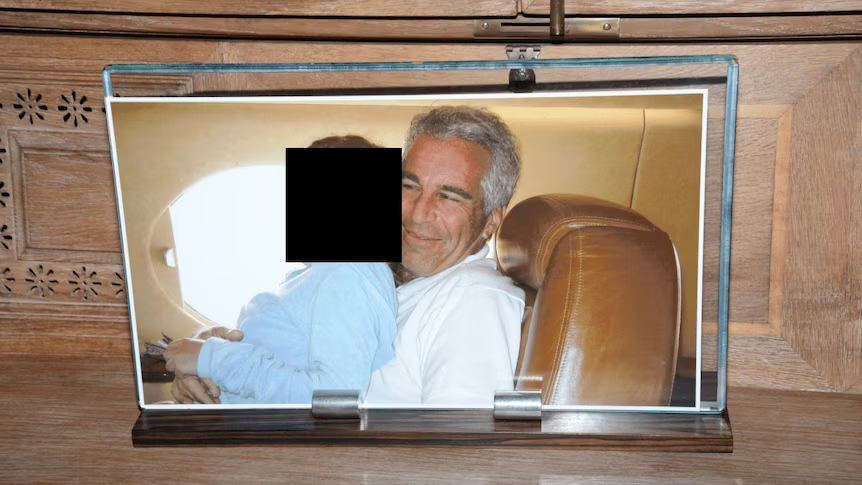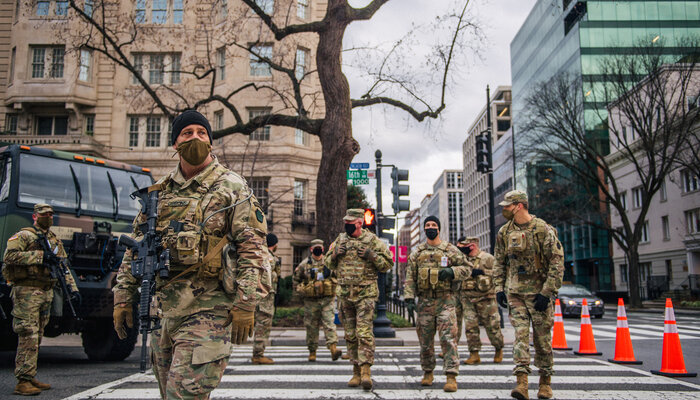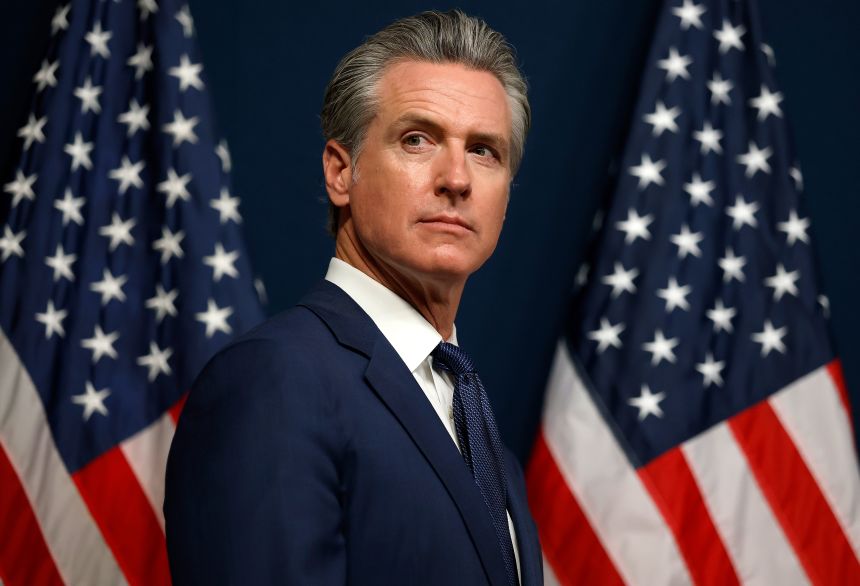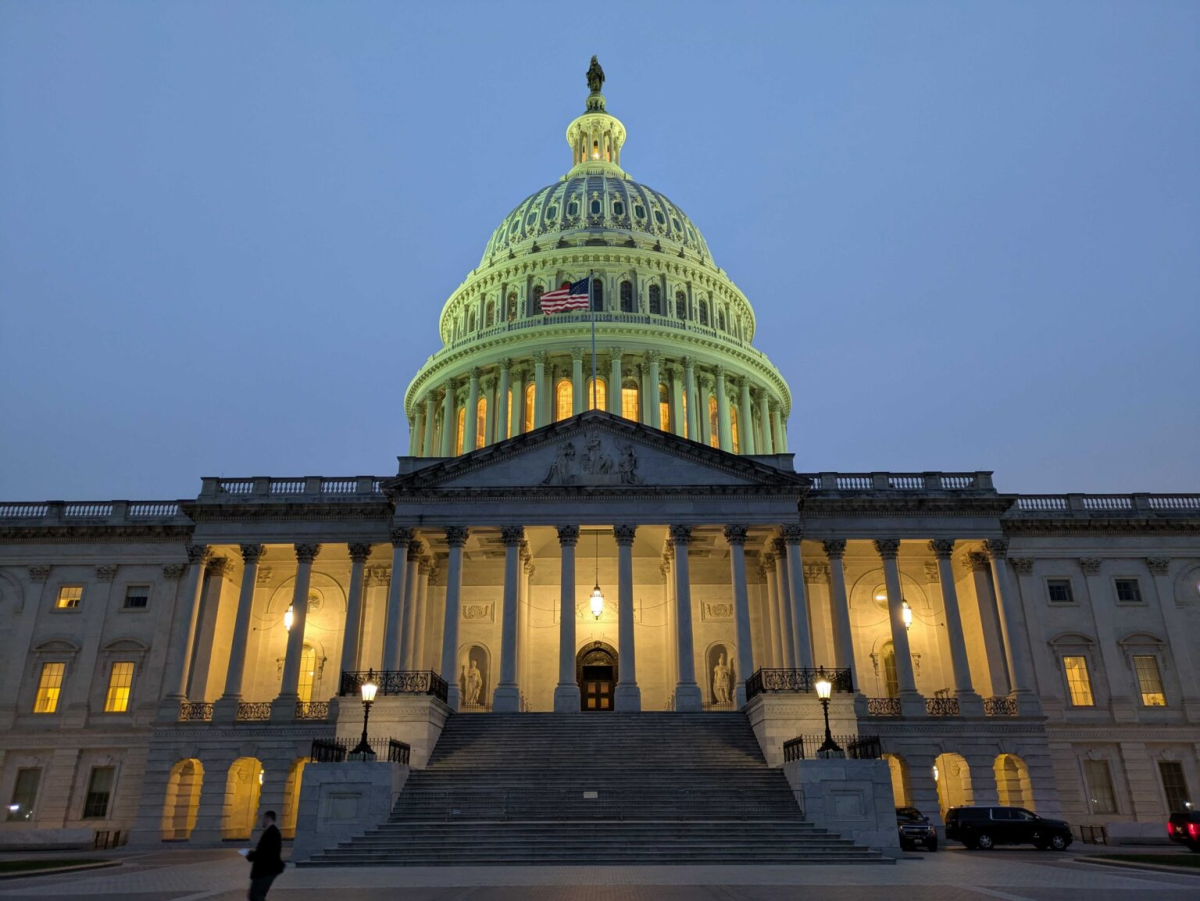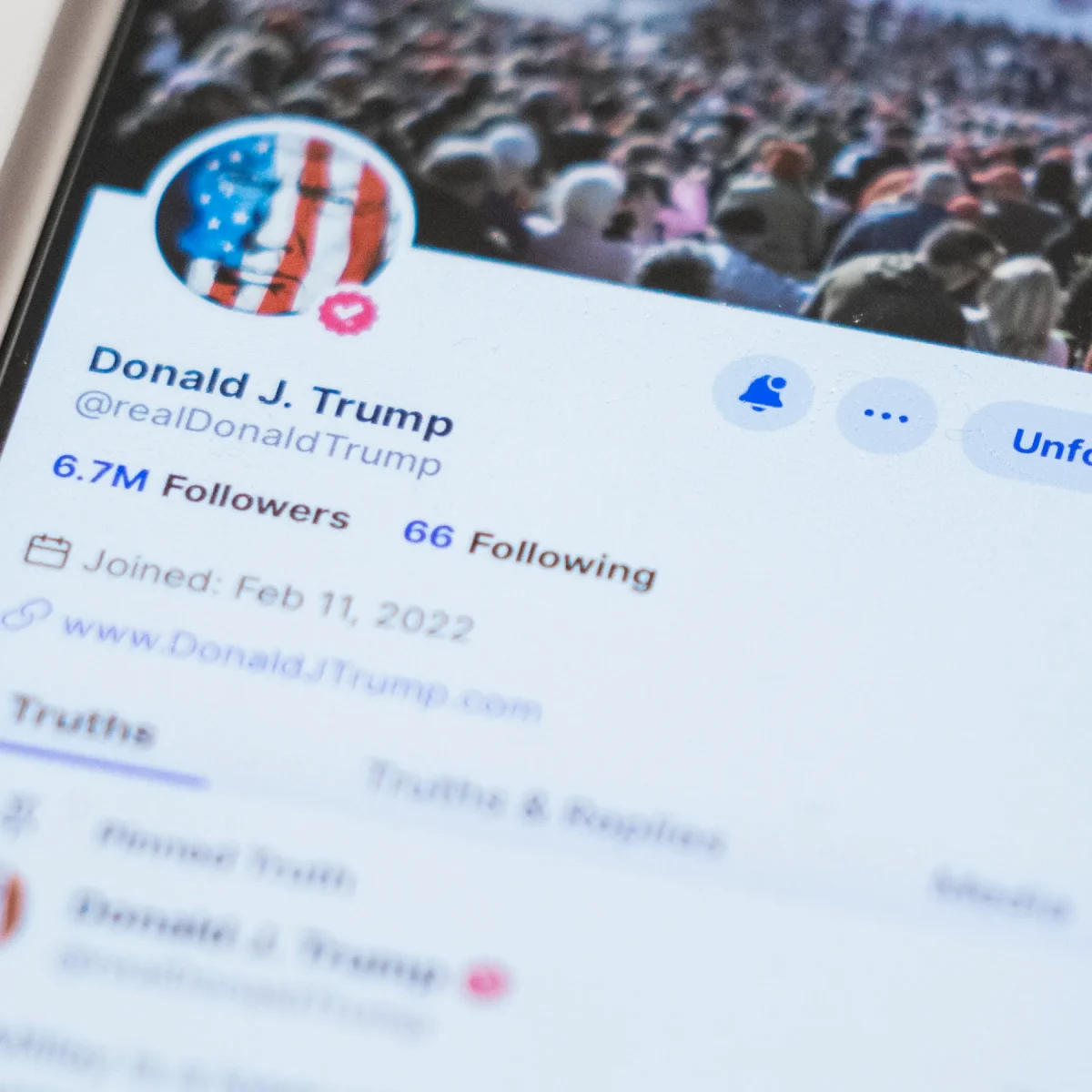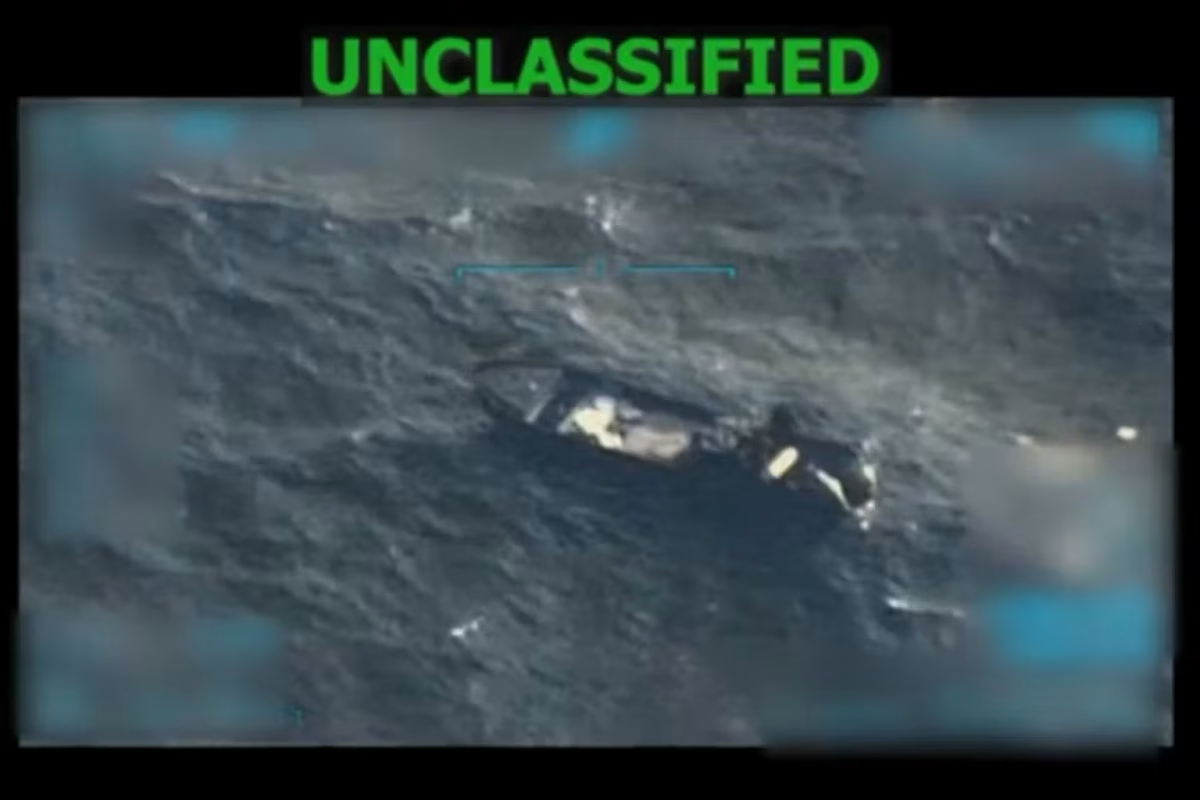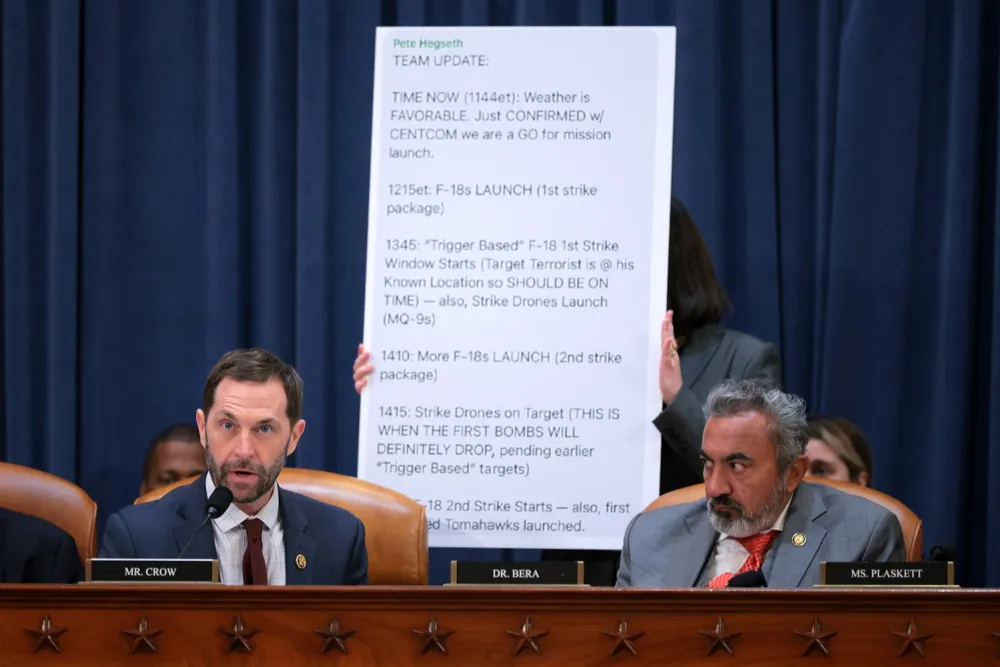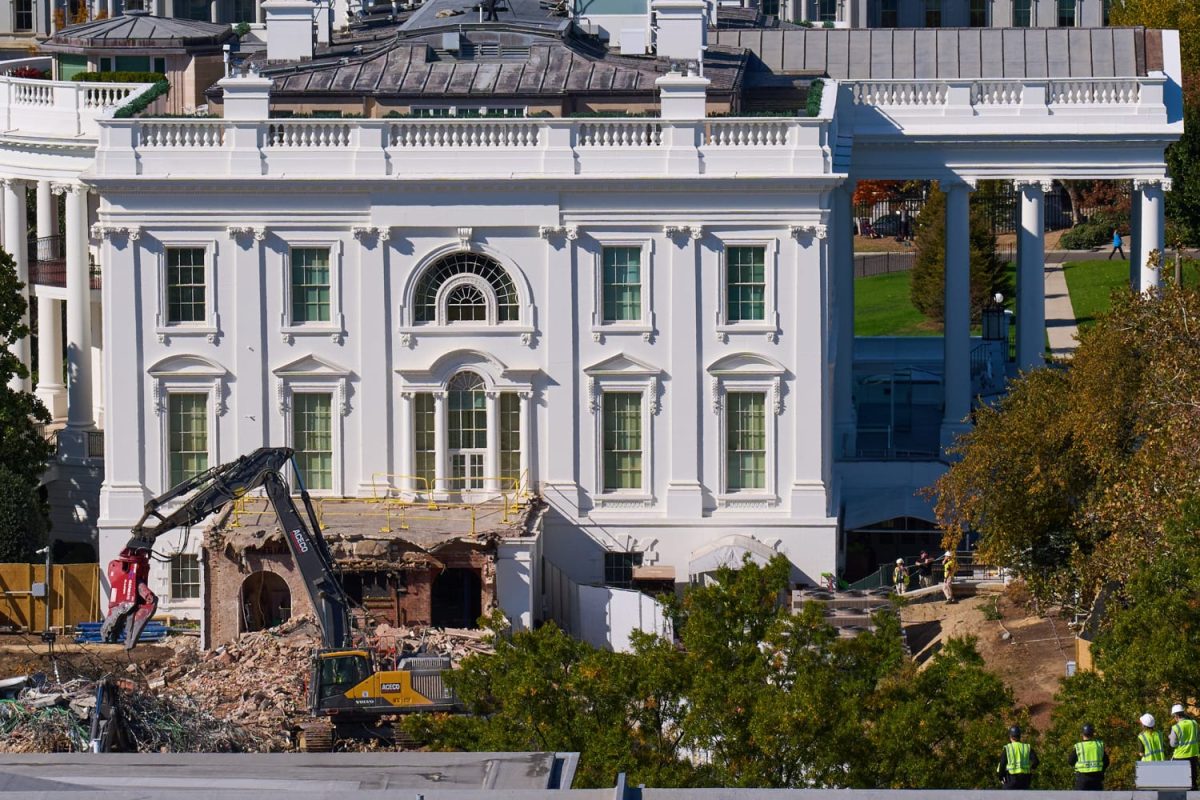From March 11th to March 15th, 2025, several government officials inside the Trump administration discussed classified information on Signal, an open-source messaging app that erases user messages after a specified amount of time. The group chat members included Vice President JD Vance, Secretary of Defense Pete Hegseth, and National Security Advisor Mike Walz. From discussing European “freeloading” to the details of dropping bombs in Yemen, this group chat discussed several issues of national security, breaking the law in the process. Due to their removable nature, the messages these government officials exchanged violated the Espionage Act, which criminalizes actions that could harm national defense, including gathering, transmitting, or losing defense information. Another ramification was the platform the conversation was on, a messaging app potentially accessible to hackers who could pose a risk to national security. Similarly, because the chat was conducted on mobile devices, the loss or robbery of these phones would have resulted in a severe security breach. This breach would have leaked information about the timing and location of the bombing in Yemen, causing the American pilots to be shot down before reaching their targets. However, the biggest bombshell was that National Security Advisor Waltz mistakenly added Jeffrey Goldberg, editor-in-chief of The Atlantic, to the group chat.
Goldberg was accidentally added to the chat on March 13, 2025. Two days earlier, he had received a connection request on Signal from Mark Waltz, the National Security Advisor appointed by President Donald Trump. “It immediately crossed my mind that someone could be masquerading as Waltz in order to somehow entrap me,” shared Goldberg in his expose “The Trump Administration Texted Me Its War Plans”. Goldberg continued, “It is not at all uncommon these days for nefarious actors to try to induce journalists to share information that could be used against them.” However, Goldberg accepted the connection request and subsequently was added to the group chat, titled “Houthi PC small group”. For the next two days, Goldberg sat in disbelief as classified information was sent back and forth between the chat recipients. However, he still doubted that any of the messages were true. These doubts were proven false when bombs started dropping on Houthi targets in Yemen at the exact time and location that the chat had specified hours earlier. The successful bombing events were immediately followed by congratulations and emojis: a fist, an American flag, and a fire emoji from Vance, and two hands praying, a flexed bicep, and two American flags from Steve Witkoff, the United States Special Envoy to the Middle East. After realizing that the chat and the officials on it were real, Goldberg left the chat.
When Goldberg first shared that he had been included on this chat, he did not include the screenshots he had taken. Consequently, the government officials on the chat felt free to attack Goldberg and The Atlantic’s credibility, as well as lie about the chat and the information on it. Pete Hegseth, for example, told reporters that “nobody was texting war plans”. Proven false by the screenshots Goldberg subsequently released, the government officials immediately turned to pointing fingers. In recent days, blame has shifted time and time again. Waltz originally took partial blame for adding Goldberg to the chat, claiming that his phone must have “sucked” his number onto his phone. Although Goldberg has not yet revealed why his number was on Waltz’s phone, Goldberg has implied that they may have a working relationship. Nevertheless, Waltz recently changed his tune and claimed Elon Musk and other tech giants would be investigating the breach. CIA Director John Ratcliffe blamed Joseph Biden for the Signal scandal, claiming that the former president allowed communications on the app in previous years. However, the Biden administration approved the use of Signal for organizational correspondence, not for sensitive military intel. To this day, the government officials on the chat refuse to admit that the information discussed on the chat was classified, even paired with Goldberg’s screenshots.
Ultimately, the events preceding and following the Signalgate scandal serve as an example of the importance of national security and the ramifications for those who choose to ignore it. As the members of the chat continue to deny the confidentiality and classified status of their messages, regardless of evidentiary proof, Signalgate reflects badly on everyone involved.



